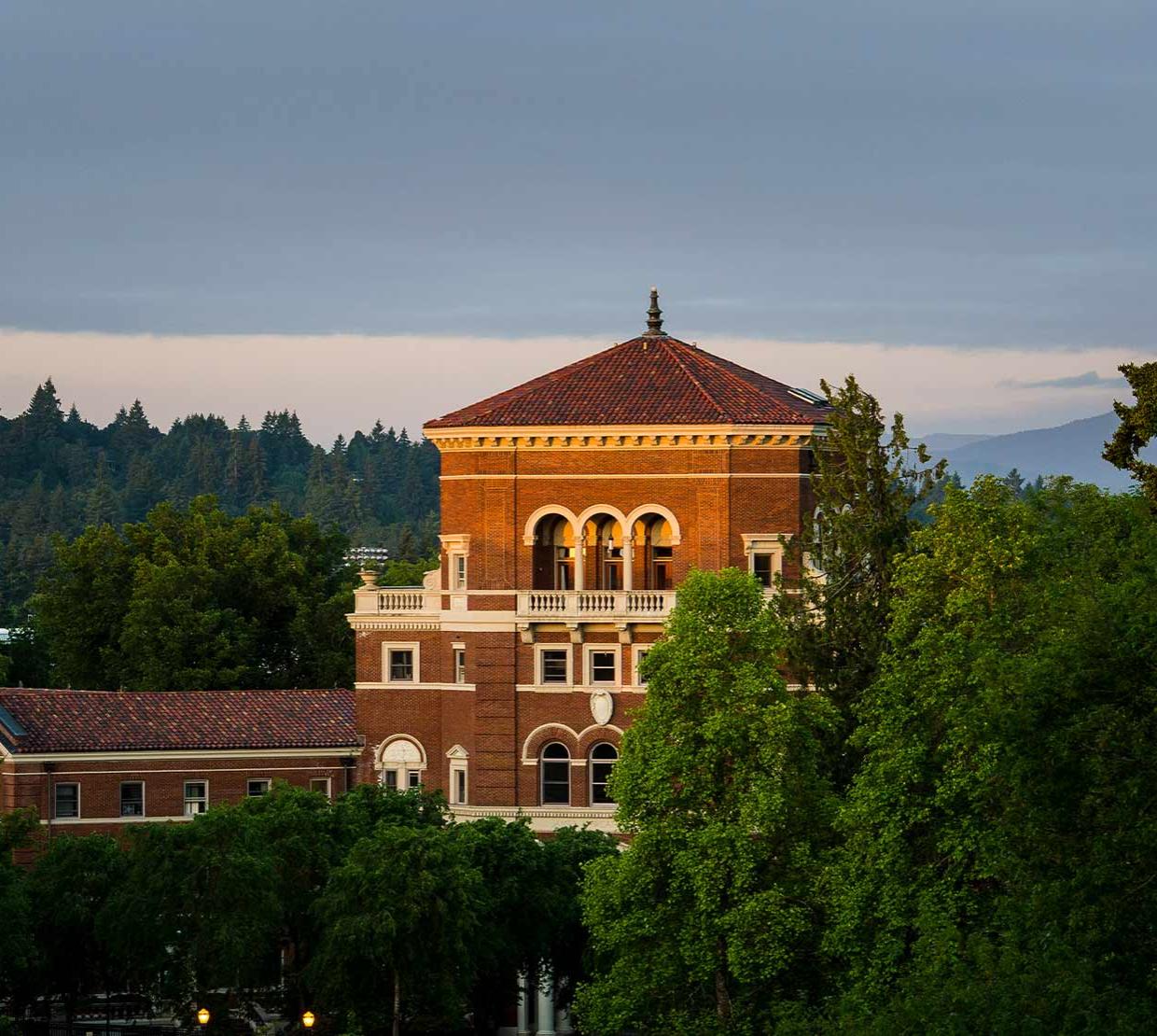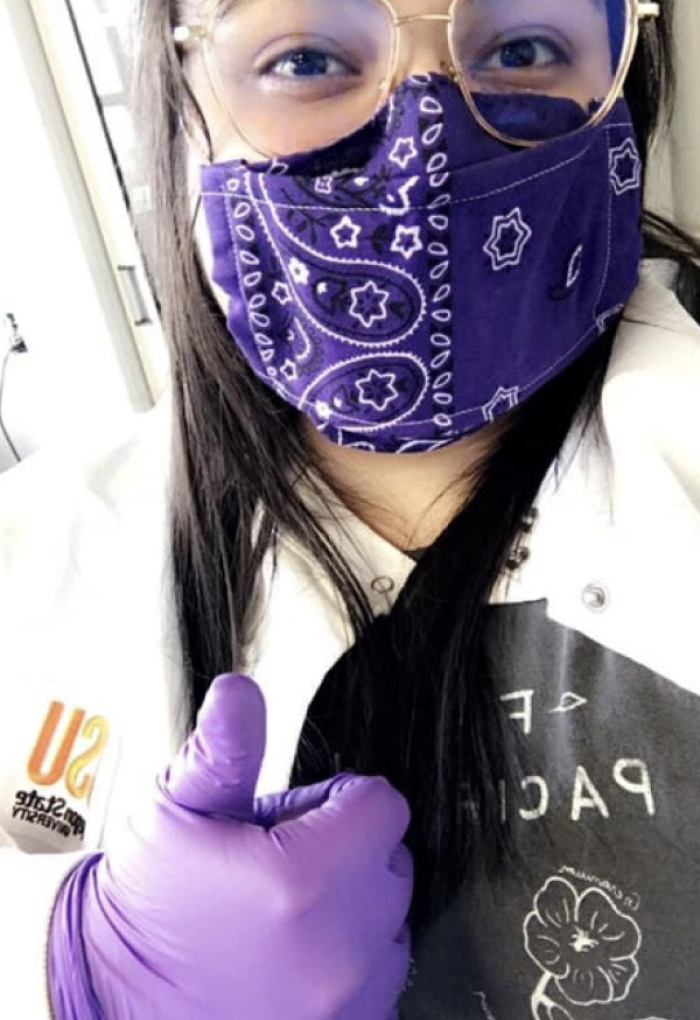Recent microbiology master’s program graduate Elizanette ‘Nette’ Lopez was selected to participate in the Oak Ridge Institute for Science and Education (ORISE) Fellowship program. Lopez was offered a position at the Centers for Disease and Control and Prevention (CDC) Biorepository in Lawrenceville, Georgia.
Lopez, who hails from Texas, successfully defended her thesis, “Effects of elevated temperature on Mycobacterium chelonae growth and mycobacteriosis in zebrafish (Danio rerio)” this summer.
Her interest in science began at a young age with her fascination in the practice of curanderismo, a folk healing tradition deeply ingrained in her culture. She wanted to understand how the rituals of curanderismo worked and, as she put it, “why the women in my life were always smearing oils and eggs on me.”
After conducting an ethnobotanical study of curanderismo across West Texas as an undergraduate at Angelo State University, she saw how research could improve the lives of underrepresented groups. She was particularly interested in infectious diseases, which led her to Oregon State where she worked with advisors Michael Kent and Justin Sanders studying infectious diseases of zebrafish.
Her graduate studies were partly funded by a diversity grant from the NIH. During her time at OSU, Lopez advocated for underrepresented minorities and was an active member of the Microbiology Graduate Student Association, Ethnic Minorities United in STEM and a founding member of the Women of Color Caucus. Toward the end of her graduate studies, the COVID-19 pandemic caused widespread disruptions globally. However, the crisis also provided an opportunity for Lopez to gain experience in public health microbiology as a volunteer for the TRACE-COVID-19 project.
As a volunteer, Lopez helped process thousands of swab samples collected from participants in the field. As a ORISE Fellowship recipient, Lopez will soon process SARS-CoV-2 samples and help organize other collections in the biorepository in Atlanta, Georgia.





